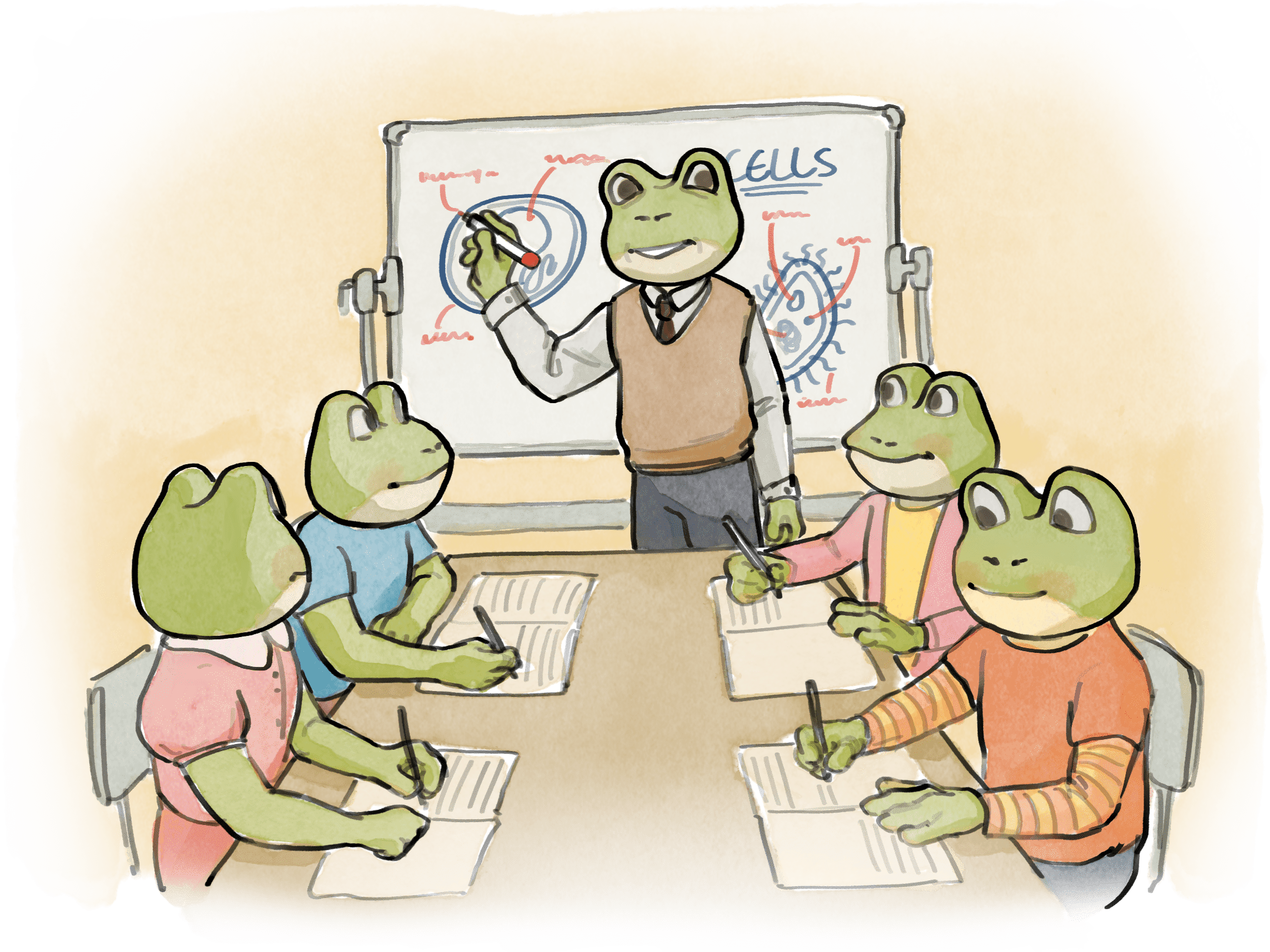Introduction
As the holiday season approaches, children eagerly anticipate the arrival of Christmas break, a well-deserved respite from the demands of school. While it’s tempting to fill this time with activities, outings, and academic catch-up, it’s equally crucial to recognize the importance of providing children with ample recovery time outside of school during the Christmas break. This blog post will delve into why children need this downtime, the benefits it offers, and practical ways to ensure they get the rest and rejuvenation they deserve.
The School Year Hustle
The modern school year is marked by a frenetic pace of academic and extracurricular activities. From early morning classes to homework, sports practices, music lessons, and club meetings, children’s schedules are often packed to the brim. The pressure to excel academically and participate actively in various activities can lead to stress, fatigue, and burnout.
Why Recovery Time Matters
- Physical and Mental Rest: Children need time to recharge physically and mentally. The school year can be exhausting, with early mornings and long hours of learning and activities. Providing downtime allows them to recuperate and regain their energy.
- Reducing Stress: The pressures of school, assignments, and exams can be stressful for children. A break from these responsibilities allows them to decompress, lowering stress levels and promoting overall well-being.
- Creativity and Imagination: Unstructured time during the Christmas break encourages creativity and imagination. Children can explore their interests, engage in creative play, and discover new hobbies.
- Quality Family Time: The holiday season is an opportunity for families to come together, create lasting memories, and strengthen bonds. Recovery time enables families to spend quality time together without the constraints of school-related commitments.
- Reflection and Goal Setting: Downtime provides children with the space to reflect on their achievements, set goals for the future, and gain perspective on their personal growth and development.
Benefits of Recovery Time Outside of School
- Improved Physical Health: Adequate rest during the Christmas break can lead to improved physical health. Children have the opportunity to catch up on sleep, engage in outdoor activities, and focus on maintaining a balanced diet.
- Enhanced Mental Well-being: Recovery time allows children to de-stress and reset mentally. This can lead to improved mental health, increased resilience, and better emotional regulation.
- Boosted Creativity: Unstructured free time fosters creativity. Children can engage in imaginative play, artistic pursuits, or other creative endeavors that may be limited during the school year.
- Stronger Family Bonds: The holiday season is an excellent time for family bonding. Recovery time outside of school allows for meaningful interactions, shared traditions, and building cherished memories.
- Academic Benefits: Paradoxically, allowing children to step away from their academic obligations during the break can lead to better academic performance when they return to school. Rested and recharged minds are more receptive to learning.
Practical Ways to Ensure Recovery Time
- Limit Academic Pressure: Encourage children to take a break from academic work during the holidays. While some review or reading can be beneficial, excessive academic pressure should be avoided.
- Create a Relaxing Environment: Designate a comfortable and quiet space at home where children can relax, read, or engage in quiet activities. Ensure that this space is conducive to unwinding.
- Unplug from Screens: Limit screen time during the break. Excessive use of electronic devices can be mentally draining and counterproductive to recovery.
- Encourage Outdoor Activities: Promote outdoor play and physical activities. Encourage children to explore nature, play sports, or go for walks to enjoy the fresh air.
- Allow Flexibility: Keep a flexible schedule during the holidays. While some planned activities are enjoyable, also allow room for spontaneous play and relaxation.
- Engage in Creative Pursuits: Encourage creative endeavors, such as art, music, writing, or crafting. These activities stimulate the imagination and provide a sense of accomplishment.
- Support Restorative Sleep: Ensure that children get sufficient sleep by maintaining a consistent sleep schedule. Well-rested children are more alert and better equipped to enjoy their time off.
- Plan Quality Family Time: Schedule family outings, game nights, and shared experiences. These moments strengthen family bonds and create cherished memories.
Conclusion
In the hustle and bustle of daily life, it’s essential to recognize the significance of recovery time outside of school during Christmas break. While it’s natural to want to make the most of this holiday period, it’s equally crucial to provide children with opportunities to rest, rejuvenate, and engage in unstructured play and relaxation. This downtime not only contributes to their physical and mental well-being but also fosters creativity, strengthens family bonds, and prepares them for a successful return to school in the new year. By striking a balance between scheduled activities and relaxation, we can ensure that our children enjoy a well-deserved break that leaves them refreshed and ready to face the challenges of the future.
Follow us on




